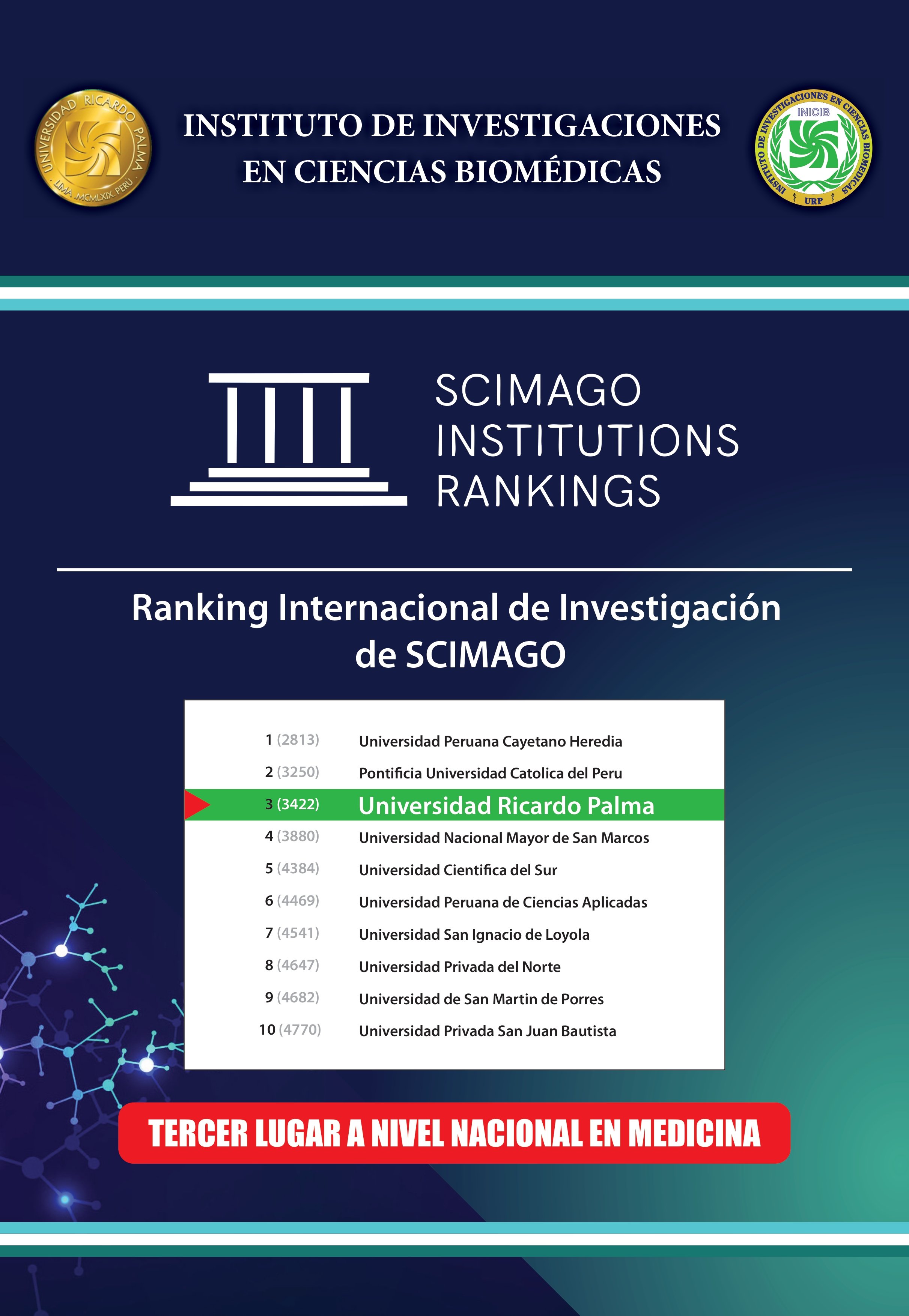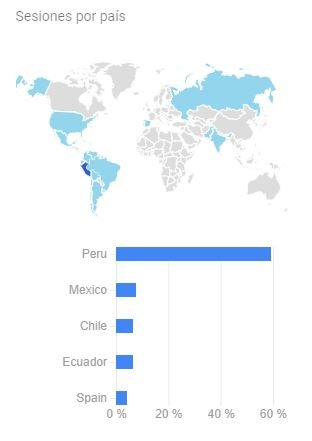Whole food plant based diet: its mechanisms for the prevention and treatment of obesity
Alimentación basada en plantas: sus mecanismos en la prevención y tratamiento de la obesidad
DOI:
https://doi.org/10.25176/RFMH.v22i1.3616Keywords:
Obesity, Vegetarians, Diet, LifestyleAbstract
Obesity is a metabolic condition with a continuous increasing rate, being considered today a “pandemic”. Due to this and the vast number of diseases it is associated with, there is a need for a treatment of this condition that is both effective and healthy in a comprehensive way. In this context, the concepts of lifestyle medicine and plant-based diets have emerged in medicine and in scientific research, and the latter have demonstrated benefits in all these areas and are being part of several scientific association’s recommendations today. In this article, a plant-based diet is briefly defined, and the mechanisms by which this type of diet provides benefits for the control of body weight are explored, including the satiety it generates and its characteristic low caloric density, the higher thermic effect of foods, the positive modulation of the gut microbiota, its effects on the insulin sensitivity, the absence of animal protein and how this affects the body weight, and the effects it has on the leptin hormone. Plant-based diets has been studied both in observational and interventional studies and positioned as a great alternative for the prevention and treatment of obesity, in addition to being a safe and health dietary pattern. We hope that in the future, more health professionals consider this evidence and incorporate it as part of their therapeutic tools.
Downloads

Downloads
Published
How to Cite
Issue
Section
License
Copyright (c) 2021 Revista de la Facultad de Medicina Humana

This work is licensed under a Creative Commons Attribution 4.0 International License.



































